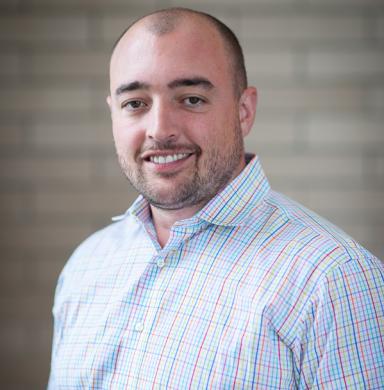Economic Opportunity
Making the global economy more equitable and inclusive.
Around the world and here, in the United States, providing economic opportunity for all is an increasingly daunting challenge. How can we create more just and equitable societies for everyone, including the world’s most vulnerable people?
At Korbel, professors like Ilene Grabel, a member of the UN Expert Group on Financing for Development, are challenging conventional wisdom and preparing our students to make a difference in the lives of less-advantaged communities.
That’s just what Korbel alumnus Gianni DiCioccio did when he took a position with the United Nations Development Program after earning his master’s degree in 2018. And here in Denver, students have opportunities to engage with professors like Rebecca Galemba on issues facing the immigrant community and Lapo Salucci on affordable housing.
Faculty Spotlight


Selected Courses
INTS 4046
Global Economic Inequality and Human Rights
About this Course
The main purpose of this course is to understand the conceptual and empirical issues underlying the political economy of global inequality and its relation to Human Rights. What is inequality? What are the global dimensions of inequality and what are the connections between global inequalities and human rights? What are the proximate and deeper causes of global inequality? How does the analysis of deeper causes of global inequality and poverty relate to the underlying political economy of global capitalism? In order to do this, we will look at the relationship between the world economic system, economic growth, poverty and inequalities in several different dimensions. After an initial exploration of these issues we will focus on the more recently developed social capabilities approach developed by Amartya Sen and others. In particular we will explore the limits of policies under the existing institutional arrangements and examine the need for fundamental changes in the global political economy. A special feature of the course will be an analysis and assessment of the millennium development goals and the prospects for progressive policies in the post-MDG period, e.g., the SDGs. We will also examine the problems of the advanced countries in a rigorous holistic framework that will go beyond the important work of Picketty and his collaborators on inequality.
INTS 4339
Microfinance, Financial Inclusion and Inclusive Markets
About this Course
This course provides an overview of why microfinance and financial inclusion are key strategies and platforms to build sustainable development and inclusive markets and how the financial inclusion ecosystem supports development outcomes through direct impact of microfinance institutions (MFIs) and systems change. Microfinance and financial inclusion are important ways to improve economic choices and household resilience among the poor, providing access to credit, safe savings options, payment systems, and even micro-insurance to help the poor manage risk and financial uncertainty. They are also important tools to create local, inclusive markets and economic opportunity by facilitating micro and small business development and access to development assets like clean energy, clean water, agricultural inputs, education, and healthcare. We will focus on lessons and insights from microfinance’s evolution into financial inclusion, how digital finance and other technology innovations are creating new opportunities and risks in development, and the shared characteristics of highly effective microfinance institutions and NGOs that integrate microfinance into their development strategies.
INTS 4341
Illicit Markets in the Americas
About this Course
This course applies the understandings of International Political Economy (IPE) to the study of illicit market activity in the western hemisphere. While sociologists, criminologists, legal scholars and law enforcement agencies have all contributed substantially to this area of study, IPE has only recently been applied. So what can this approach contribute? Through IPE, we can place illicit market activity within the larger structure of trade and monetary relations, the rise of the informal sector and the existence of economic and other inequalities in particular regions. We can consider the nature and impact of North-South relations and the process of structural adjustments as advised by international financial institutions. Further, we can evaluate the overall function and effectiveness of law enforcement, governing institutions and international organizations in controlling illicit market activity. Finally, through IPE, we can consider the ideational context of participation in illicit market activity.
Faculty Publications
Related News Stories

Examining Africa's Future
Jonathan Moyer, director of the Korbel School's Pardee Center for International Futures, is spearheading an effort to examine the key trends that may define Africa’s future development.

Challenge Conventional Wisdom
After earning his master’s degree in 2018, Di Cioccio took a position with the UN Development Programme, ensuring developing economies have cost-effective, reliable supplies.



